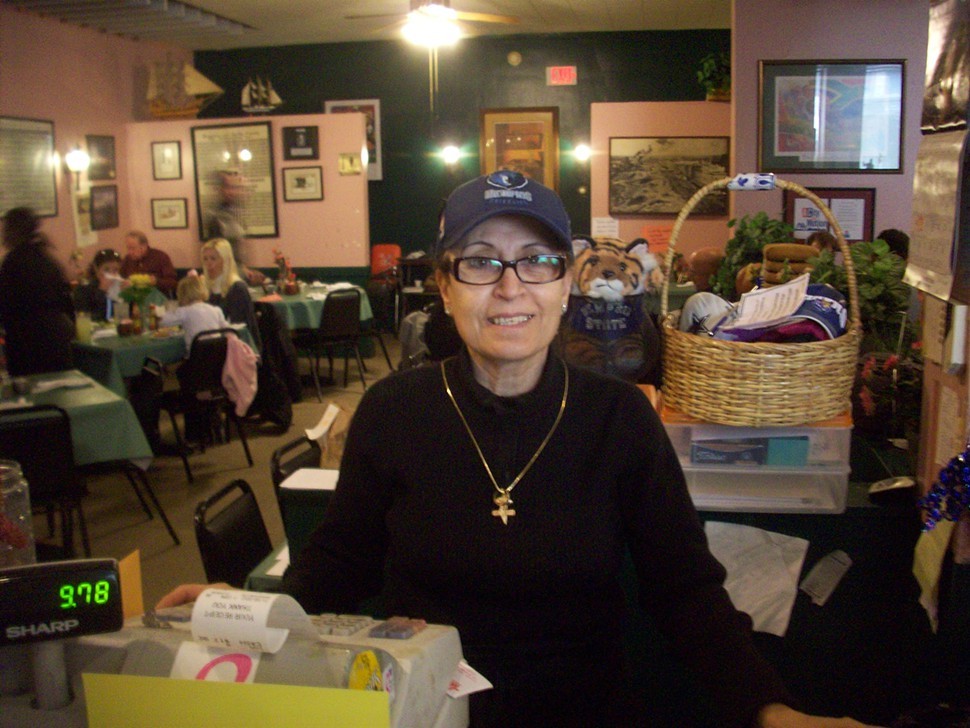It made me very sad when I read the email about The Peanut Shoppe at 24 South Main Street closing December 31st.
That’s not only because I grew up with that long, narrow magical place called The Peanut Shoppe; it also was my first job, and the hardest job I’ve ever had.
I first called The Little Tea Shop owner Suhair Lauck, who is one of the The Peanut Shoppe owners along with the Abuzaineh family. “What can I say?” she says. “They sold the building and we need to do something else with it [the business]. What can we do? But we have to go forward.”
Rida Abuzaineh, co-owner and longtime manager of the shop, has been running The Peanut Shoppe by himself with some help from his wife, Ameerah, and his daughter, Nurah, since March. “I cannot afford to even hire anybody.”
The store opened in 1949. “It was the second store opened by Planters in Memphis.”
Abuzaineh heard it was originally on Madison before moving to Main Street in 1951, but he’s not sure. “Nobody’s given me a good answer about it.”
The Abuzaineh and Lauck families became “officially the owners and partners of this establishment as of 1:45 p.m. on January 8th, 1993. On Elvis’s birthday. Of course, we didn’t plan it.”
An engineer, Zaineh had been in the restaurant business on the West Coast. “When this business came for sale in late 1992, my wife and my brother-in-law came to visit Suhair from California. And they looked at it while I stayed working in California. Then we moved. We made the big move to be close to Suhair and to be one family together.”
Abuzaineh says they weren’t told until a few months before the sale that the building was going to be sold. “And suddenly we were hit.”
It will be “turned into apartments and condos,” he says.
Which breaks Abuzaineh’s heart. “The Peanut Shoppe is the oldest-existing business landmark on Main Street. If it’s gone, it’s over. It’s the end of an era. A legacy is gone.”
Everything Zaineh says hits close to home. As a child, my brother and sister and I loved being taken Downtown to The Peanut Shoppe back in the 1950s. We loved watching the cast iron mechanical Mr. Peanut tap the silver dollar taped to the front window. We loved the giant Mr. Peanut sitting on the roaster. My dad bought us just about every Mr. Peanut/Planters Peanuts trinket (and there were a lot of them) you could get. We got the plastic mugs shaped like Mr. Peanut’s head, little plastic Mr. Peanut figurines, and metal nut trays with Mr. Peanut’s picture on it.
In 1969, I applied and got my first real paying job (mowing yards didn’t count) at The Peanut Shoppe. I had to run the shop by myself. This was when Main Street was still a street. A bus stop was in front of the shop. And when a bus stopped, people poured into the store to buy peanuts and candy.
In addition to selling, I had to keep oil in the roaster, as I recall, and at the end of the night I had to sweep that long floor and then mop it. My pay was peanuts; $1 an hour. And I didn’t eat a single piece of candy or any peanuts because I didn’t want my face to break out.
I only stayed a week. I got a job at Seessel’s grocery store on Perkins. That was the créme de la créme job for a teenager in those days. I kept changing my mind, though. I remember leaving a note on the cash register at The Peanut Shoppe saying I wasn’t going to quit. I remember owner Justin Adler telling me to make up my mind. I went to Seessel’s. And with my Peanut Shoppe paycheck, I bought a pair of then-popular white buckle shoes.
Abuzaineh’s memories include watching kids run up and down the long aisle. And, he says, “Customers coming in after many years and I remember them by name and what they eat and what they like.”
He says “customer-owner relations were more like family relationships than customer service.”
Abuzaineh says he knocked on doors trying to find a new location for The Peanut Shoppe, but he had doors slammed in his face. “I have one good location Downtown in negotiation, but the price is really really high compared to what we pay now. If that location does not work for me, I promise you, the whole thing is going to be liquidated here and it will be the end of it. And I will go find a job in order to survive in my old age.”
And that’s sad for Abuzaineh because he loves The Peanut Shoppe. “That’s my baby.”

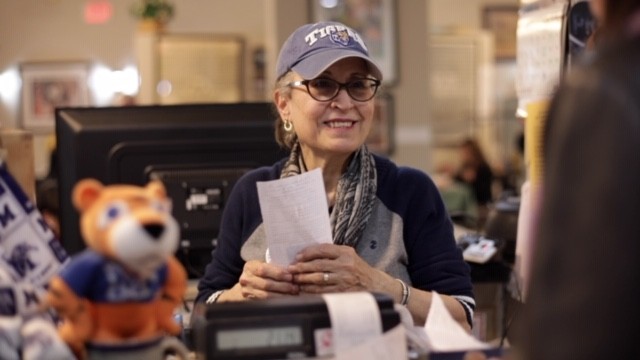 Courtesy of Last Bite Films.
Courtesy of Last Bite Films. 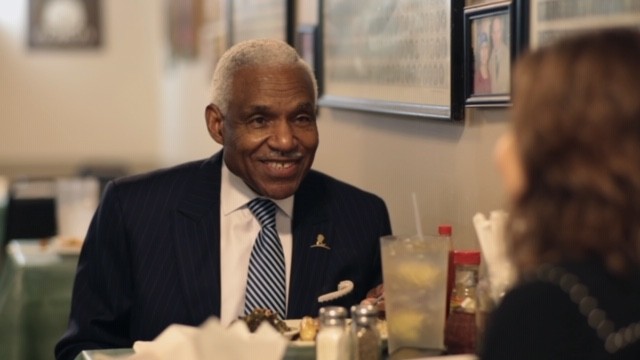 Courtesy of Last Bite Films.
Courtesy of Last Bite Films. 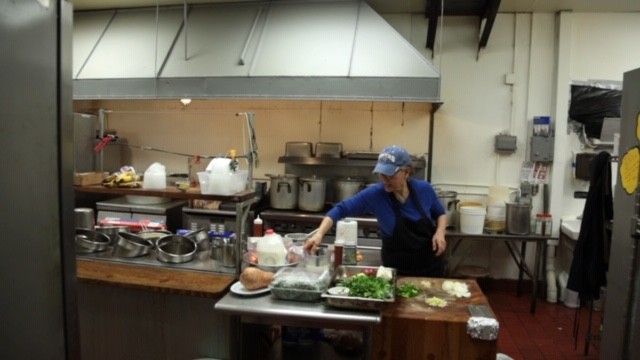 Courtesy of Last Bite Films.
Courtesy of Last Bite Films. 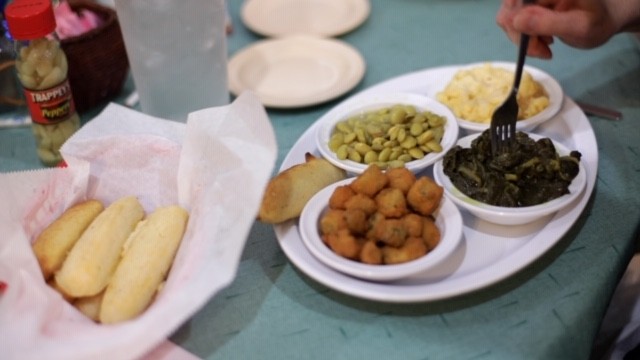 Courtesy of Last Bite Films.
Courtesy of Last Bite Films. 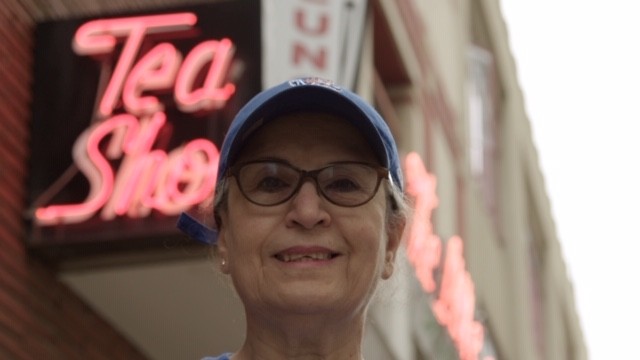 Courtesy of Last Bite Films.
Courtesy of Last Bite Films. 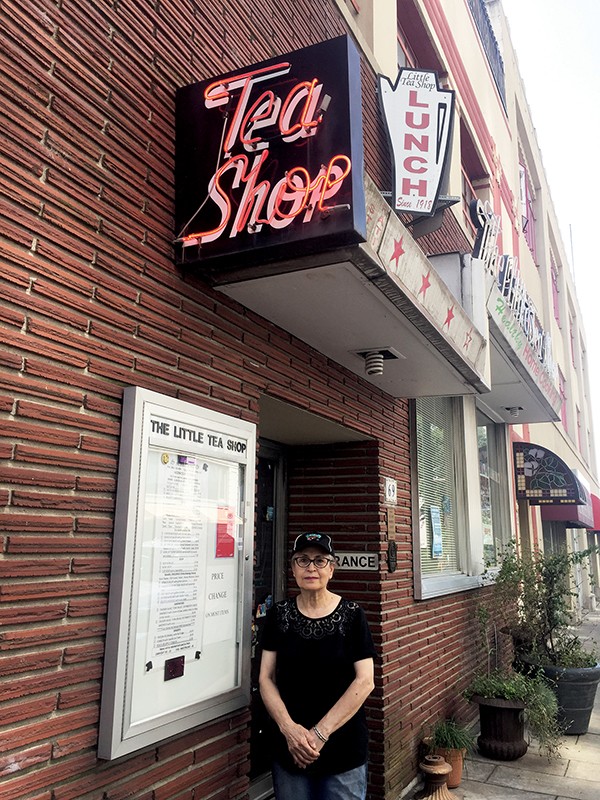 Michael Donahue
Michael Donahue 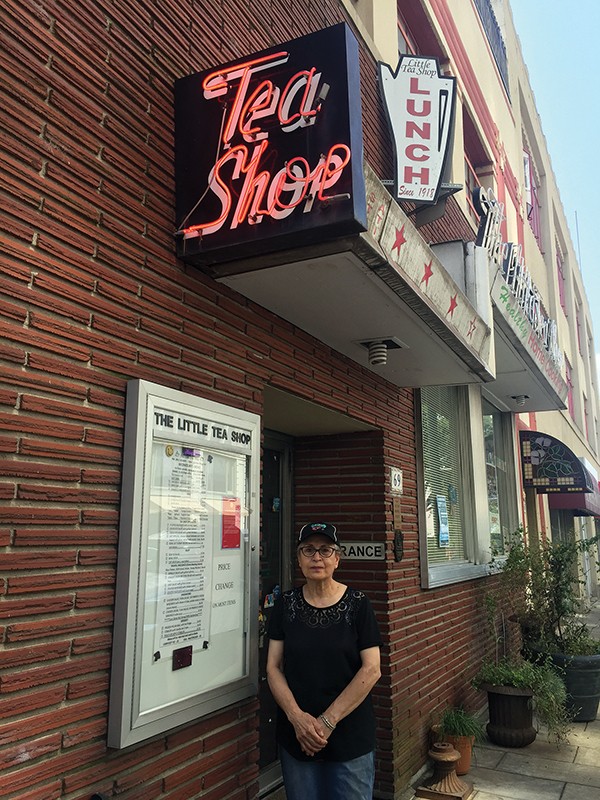 Michael Donahue
Michael Donahue 